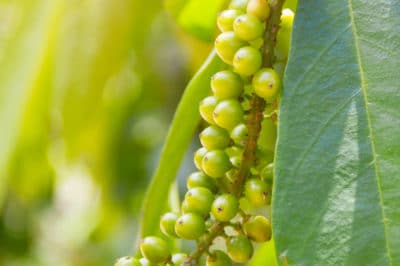Japanese Blueberry Characteristics
If you live in a warm climate, you can plant Japanese blueberry trees for a landscape accent. They make attractive, evergreen shade trees, and you can prune them to keep them to a reasonable height. Here are a few characteristics of Japanese blueberry trees:
- Produce urn-shaped, white or pale green, fragrant flowers in the spring.
- Blooms turn into olive-shaped, dark blue inedible berries.
- Leaves are glossy and dark green, turning red in the fall.
Japanese Blueberry Problems
Although Japanese blueberry trees are hardy, scale insects can be a problem. The other issue with these trees is more of an aesthetic problem.
Scale
Scale is an insect that manufactures honeydew, which is a breeding ground for sooty mold. Different species of scale infest various areas of Japanese blueberry trees, such as the bark, leaves and berries. You can tell if scale infects your tree by scraping the bark for any indication of scale insects living under sooty mold.
You can use a power washer to remove the insects and mold from your Japanese blueberry trees. Just be careful because the power washer can also remove the bark, if the pressure is too high. In severe cases, spray the entire tree with horticultural oil, applied during the coolest part of the day to prevent foliage burn.
Falling Berries
The other problem you can face with Japanese blueberry trees is the mess made by falling berries. The tree produces large amounts of berries, which can cause an unsightly mess if you have the tree planted near your driveway, deck or patio. Also, even though these are evergreen trees, they do shed some leaves that can be annoying to some gardeners.
You can avoid this problem by planting your Japanese blueberry trees in areas with little foot traffic. They make wonderful backdrop plantings, single yard trees and privacy hedges. If you’re a bird lover, the berries make a delicious treat for attracting birds.
